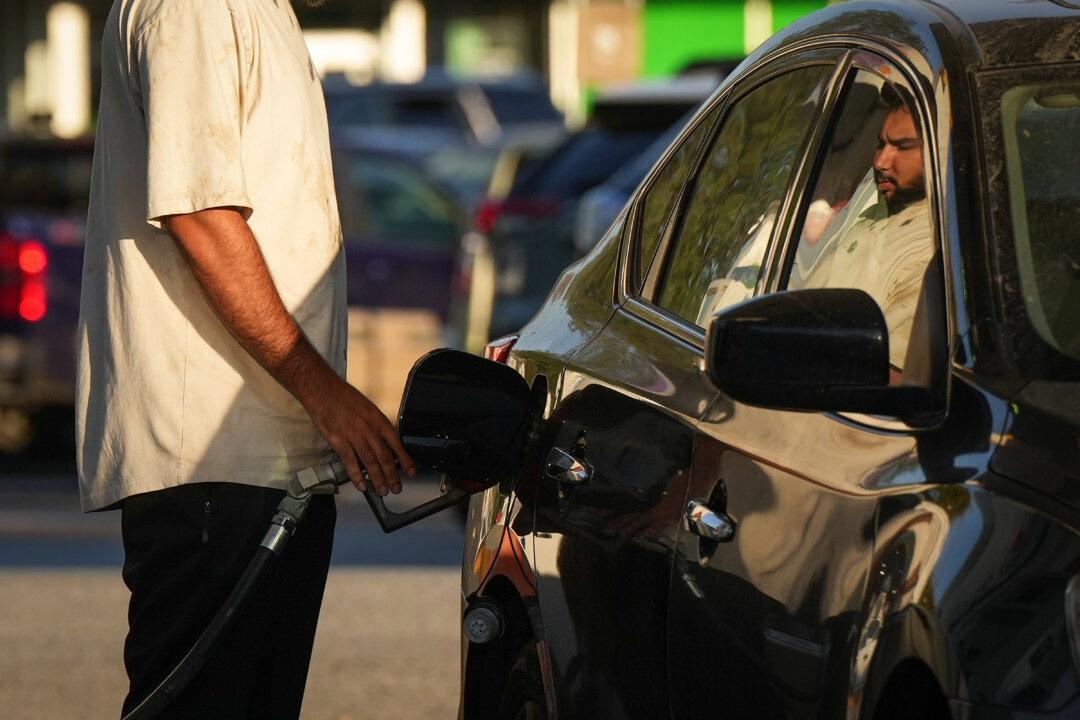British Columbia has introduced and passed legislation in a single day that puts an end to the consumer carbon tax in the province, with Premier David Eby saying it will save 17 cents per litre at the pumps.
Eby’s NDP government introduced the bill on March 31, spending the day pushing it through to legislation under “accelerated consideration.”





